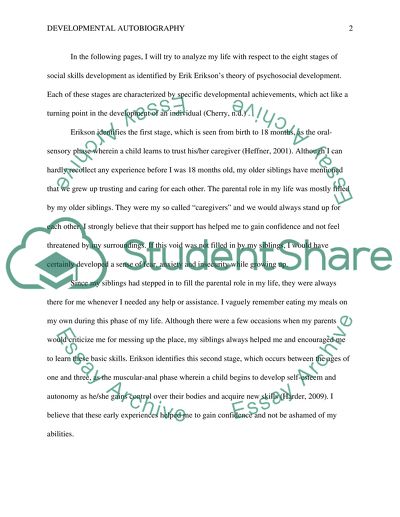Cite this document
(“Developmental Autobiography Psychology Term Paper”, n.d.)
Retrieved de https://studentshare.org/psychology/1432539-developmental-autobiography-psychology
Retrieved de https://studentshare.org/psychology/1432539-developmental-autobiography-psychology
(Developmental Autobiography Psychology Term Paper)
https://studentshare.org/psychology/1432539-developmental-autobiography-psychology.
https://studentshare.org/psychology/1432539-developmental-autobiography-psychology.
“Developmental Autobiography Psychology Term Paper”, n.d. https://studentshare.org/psychology/1432539-developmental-autobiography-psychology.


